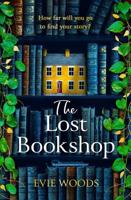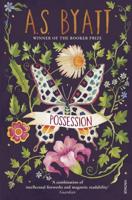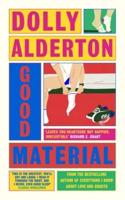Publisher's Synopsis
Romance is a novel written by Joseph Conrad and Ford Madox Ford. It was the second of their three collaborations. Romance was eventually published by George Bell and Sons in London in 1903 and by McClure, Phillips in New York in March 1904. According to Max Saunders, Conrad, in his quest to obtain a literary collaborator, had been recommended by several literary figures. W. E. Henley pointed to Ford as a suitable choice for Conrad. Literary collaboration was not particularly uncommon when Conrad proposed it to Ford, but neither was it considered the proper way for serious novelists, as Ford was aware: "The critics of our favoured land do not believe in collaboration...".. After the collaboration on Romance was finished, it appears that in 1902 Conrad began to feel a sense of loss over working with Ford for he asked him to keep their partnership alive. The relationship between Ford and Conrad broke down in 1909, however, over specific and personal squabbles, including the financial arrangements to enable Ford to publish Conrad's Some Reminiscences. They saw little of each other after that dispute and spoke less frequently. The text of Romance itself sometimes reflects the reactions of Conrad to the proposal to collaborate on the novel. When Tomas Castro berates Kemp for failing to take advantage of opportunities to kill their enemies, his reproaches echo Conrad's strong reaction to Ford's rather delicate early draft of the novel. Any writer, Conrad said, "who could take hold of such a theme and not, gripping it by the throat, extract from it every drop of blood and glamour" can only be a "criminal." On hearing Ford read aloud from his [Ford's] first draft, Conrad, who "began to groan and writhe in his chair," felt that Ford had failed to extract the maximum effect from the potential of the story outline...... Ford Madox Ford (born Ford Hermann Hueffer,17 December 1873 - 26 June 1939) was an English novelist, poet, critic and editor whose journals, The English Review and The Transatlantic Review, were instrumental in the development of early 20th-century English literature. Joseph Conrad (Polish pronunciation: born Jozef Teodor Konrad Korzeniowski; 3 December 1857 - 3 August 1924) was a Polish-British writer regarded as one of the greatest novelists to write in the English language.He joined the British merchant marine in 1878, and was granted British nationality in 1886. Though he did not speak English fluently until he was in his twenties, he was a master prose stylist who brought a non-English sensibility into English literature. He wrote stories and novels, many with a nautical setting, that depict trials of the human spirit in the midst of an impassive, inscrutable universe. Conrad is considered an early modernist, though his works still contain elements of 19th-century realism. His narrative style and anti-heroic characters have influenced many authors, including T. S. Eliot, William Faulkner, Graham Greene, and Salman Rushdie. Many films have been adapted from, or inspired by, Conrad's works. Writing in the heyday of the British Empire, Conrad drew on, among other things, his native Poland's national experiences, and his personal experiences in the French and British merchant navies, to create short stories and novels that reflect aspects of a European-dominated world - including imperialism and colonialism - while profoundly exploring human psychology........







